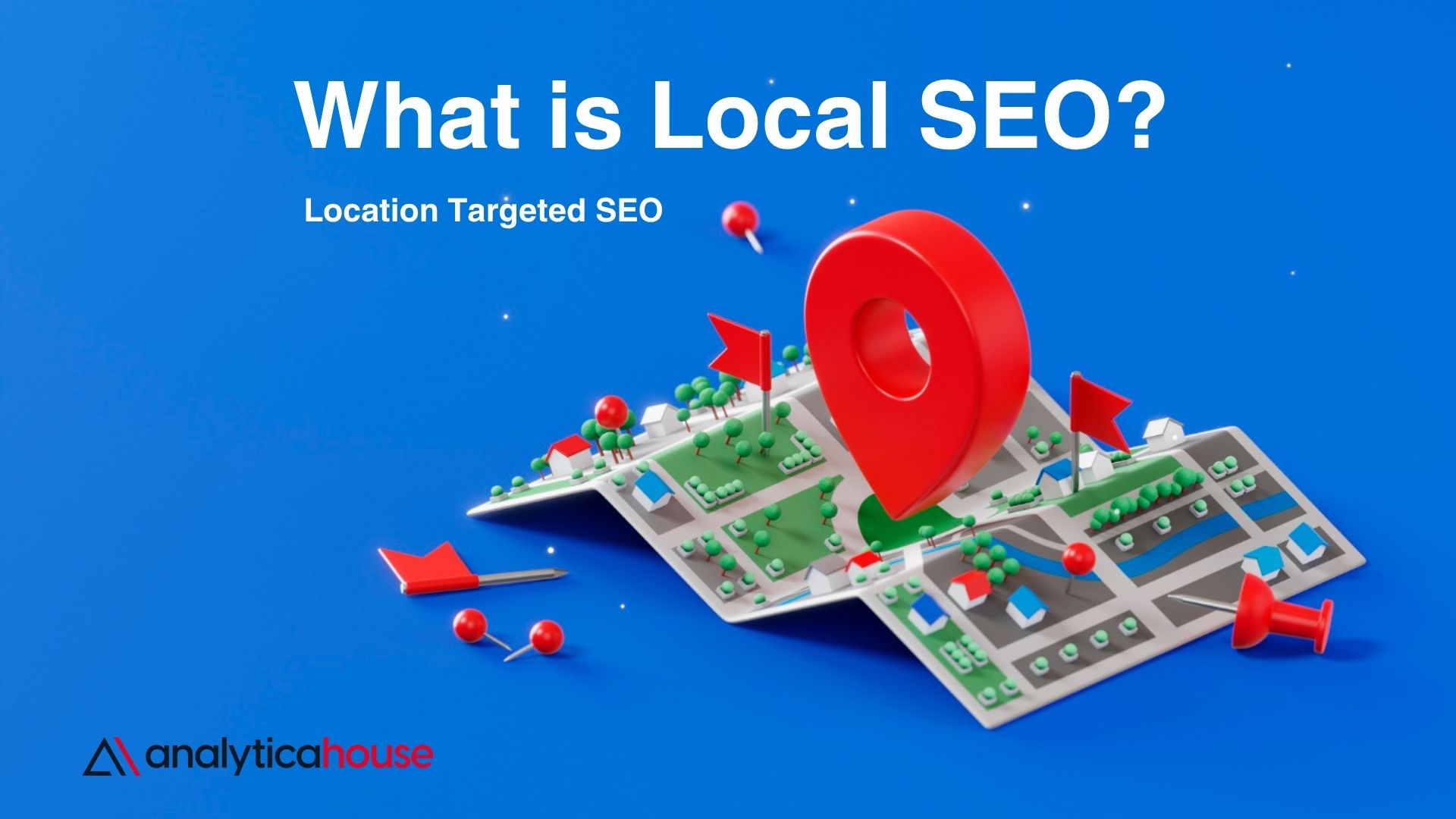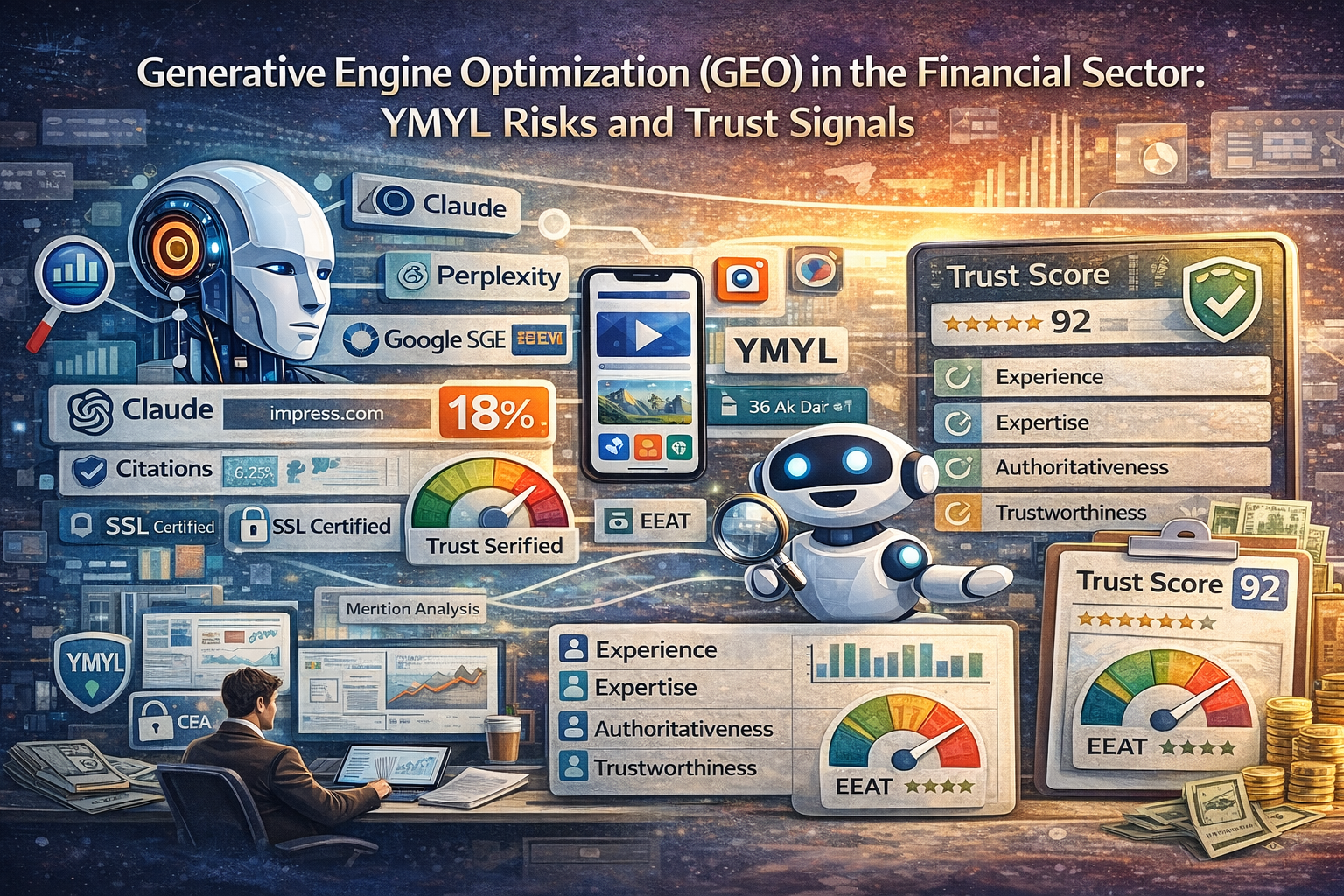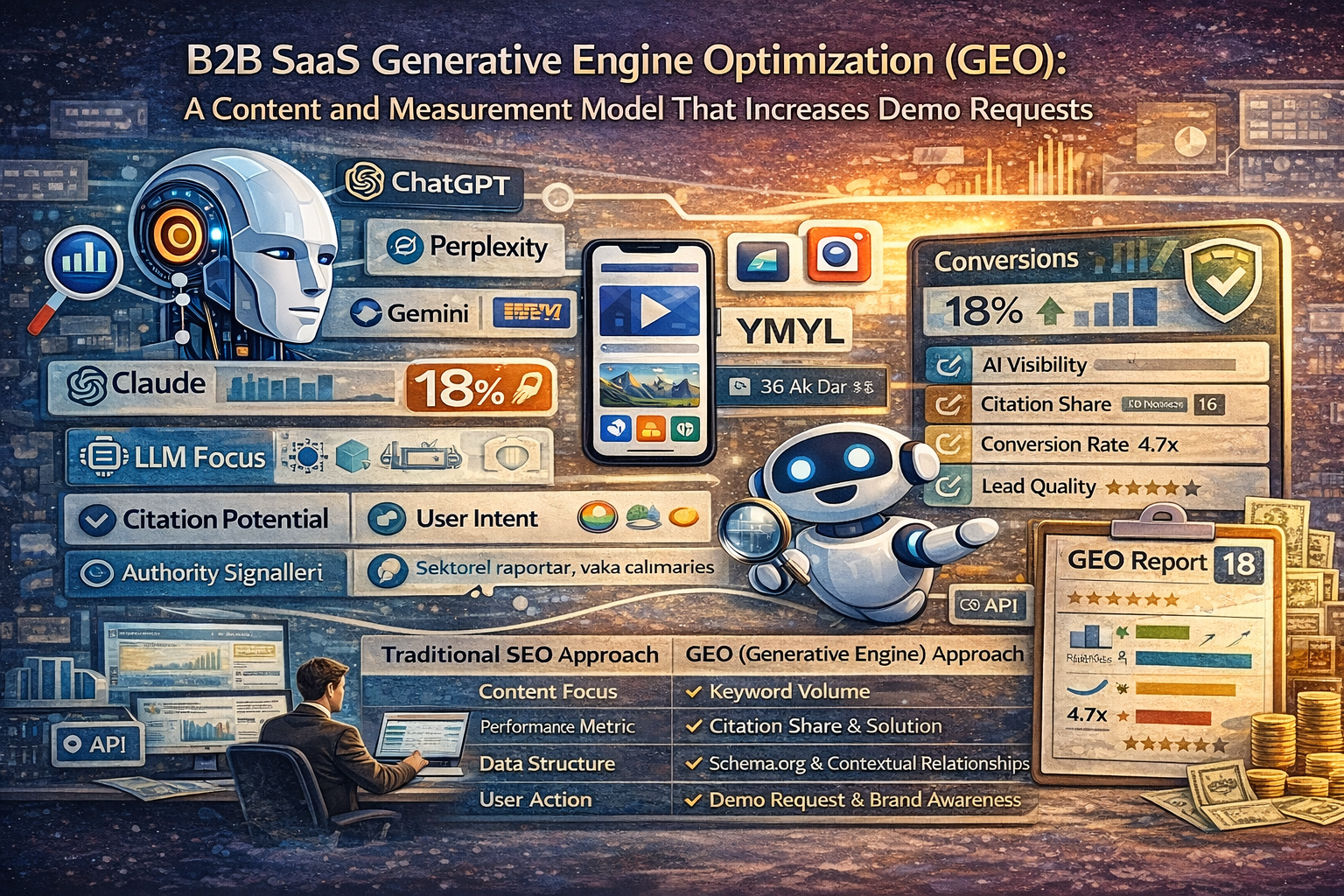
Furkan Çerkovanlı
Feb 26, 2024Local SEO - Location Targeted SEO

The internet is increasingly becoming a tool with a growing number of users and serving as a greater guide in our lives. Today, it's not just large corporations and holdings—small and local businesses also need websites and a presence on digital platforms.
SEO services have long been utilized by large brands and businesses. However, as internet needs have become more widespread, digital marketing strategies like these have also become essential for small businesses. Now, services like SEO and digital advertising, with different strategies and focuses, have also become a focal point for SMEs.
What is Local SEO?
Local SEO, or Local Search Engine Optimization, refers to optimization efforts aimed at gaining visibility in a specific area or location. In other words, if your target audience for your business is located in a specific city or even district, Local SEO is exactly the service you need.
To illustrate Local SEO, consider this: Suppose you're in the automotive sector and run a car repair business in Buca, İzmir. Unlike your competitors, you want to be visible online and gain leads or appointment requests from there. You’ve created your website, and now it’s time for SEO. Targeting the keyword “car repair” in your SEO strategy would be a poor approach. That’s because “car repair” is a broad, nationwide keyword. Showing up in search results for someone in Ardahan when you’re located in Buca is not strategic, as the likelihood of conversion is nearly zero. Also, “car repair” is a generic query—it might be searched for informational purposes. Even if you rank first in Turkey, you might not get any conversions if users are just curious about what car repair includes.
That’s why, to ensure your digital investments and efforts convert faster, your target keywords should be something like “İzmir Car Repair” or “Buca Car Repair.” From these keywords, we understand that the user is directly seeking car repair services in a specific location. When you build your SEO strategies around these keywords, you’ll definitely see results. This is exactly what Local SEO is.
Doesn't Google Already Show Results Based on User Location?
Yes, Google and some other search engines have long been showing results based on users’ locations to improve user experience and deliver better results. However, developing location strategies is still the best approach to aim for higher conversions. Sites with fewer pages and limited brand recognition have a lower chance of ranking in broad geographic searches (like nationwide or global).
Therefore, even if results are location-based, it's still essential to carry out additional Local SEO efforts.

What Should Be Done for Local SEO and What Should You Pay Attention To?
Local SEO is a strategy that enables businesses to optimize their digital presence in order to attract more customers in a specific geographic region and gain a competitive advantage in the local market. Here are some important steps and factors to consider for success in local SEO:
Fully Utilize Your Google My Business Account
Google Maps and the Google My Business service are among the most important tools for users performing location-based searches. Today, users are searching for the most straightforward information in the fastest way possible. That’s why having your business listed in platforms like Google Maps is crucial for accessibility.
Properly optimizing your Google My Business account and keeping the information accurate and up-to-date plays a major role. Be sure to add your website link, business hours, correct map location, phone number, and photos in detail. This will allow you to see strong performance in local SEO.
Build Your Core Strategy Around Local Keywords
As mentioned at the beginning of the article, focusing on local keywords can be more beneficial for you. Creating content based on relevant cities and locations can help you stand out. Additionally, you can structure your entire page with this approach. If you're working on a city-based strategy, the following details may help:
- Include the relevant location keyword in the URL path. For example, instead of www.examplesite.com/diesel-car-repair, use something like www.examplesite.com/izmir-diesel-car-repair.
- It may be beneficial to include the location keyword in your heading structure. Try incorporating the location when creating your content using proper heading order rules.
- Local targeting doesn’t mean there’s no competition or keyword volume. To select the right keywords, be sure to analyze your competitors. Include keywords with a Keyword Difficulty (KD) value between 0-20 and suitable search volume in your content.
- You can also use location-based anchors in your internal linking structure. This helps search engine bots better recognize the main keyword of the relevant page.
- Although Google sometimes auto-generates Meta Titles and Descriptions, it’s still important to carefully include your keywords here. There are two reasons for this: First, while most users use Google, others coming from different search engines (Yandex, Bing, etc.) will see these meta fields. Second, even for Google, since these fields are located in the site's head section, they are highly significant. So, use them wisely.
Create a Mobile-Friendly Website
Most local searches are quick and performed via mobile devices. Moreover, since Google started prioritizing mobile experience in search results (MFI = Mobile First Indexing), this area has become extremely important. Whether you're running a large e-commerce site or a small service site, mobile compatibility plays a critical role. Don’t postpone these optimizations just because you have a few pages. Check your site speed and mobile responsiveness, then proceed with the necessary improvements without delay.
Small Business = Big Digital Goals
No matter the size of your business, thinking big is essential to achieving success in the digital world. You might be a small business, but growing your digital goals is the key to expanding beyond the local market. Local SEO strategies can increase your online visibility and help you connect more effectively with potential customers. Whether you're running a local café or own a small retail shop, expanding your digital goals gives you the opportunity to strengthen your online presence and build a closer relationship with your target audience. Remember, regardless of your business size, thinking big in the digital world is a crucial step toward real success.
More resources

Generative Engine Optimization (GEO) in the Financial Sector: YMYL Risks and Trust Signals
With the integration of artificial intelligence technologies into the search engine ecosystem, the t...

B2B SaaS Generative Engine Optimization (GEO): A Content and Measurement Model That Increases Demo Requests
The digital marketing world is undergoing a major evolution from traditional search engine optimizat...

What Is a Source Term Vector?
A Source Term Vector is a conceptual expertise profile that shows which topics a website is associat...

